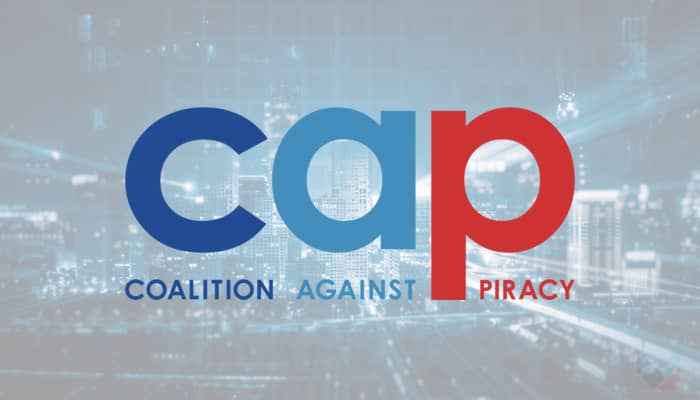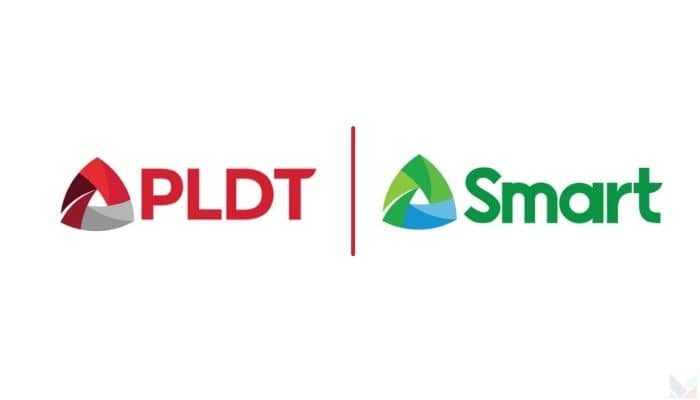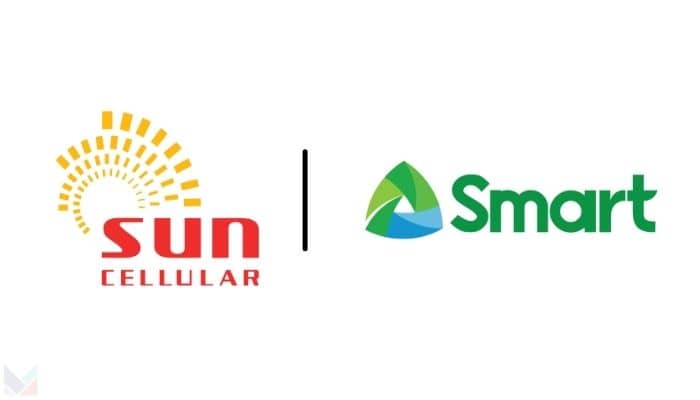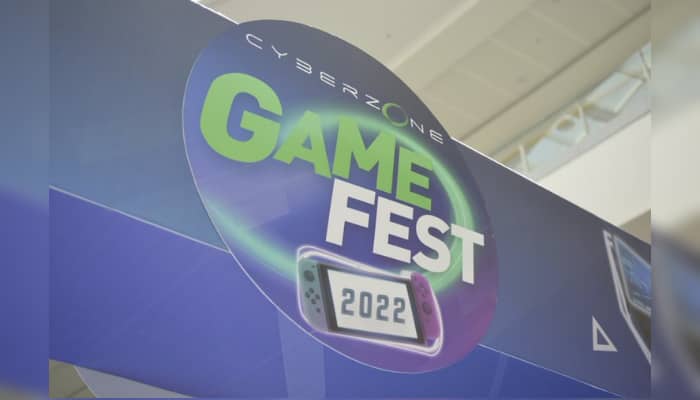Manila, Philippines – As the national SIM registration nears its deadline of April 26, the National Telecommunications Commission (NTC) has admitted that it will be unable to reach full registration of SIMs across the country. With that in mind, how can telcos encourage their users to register the number affiliated with their SIM?
To pose such a question, local cellular operator Talk N’ Text (TNT), under Smart Communications, recently launched a campaign which magnifies the difficulty brought by life’s normal activities when you don’t have a registered mobile number.
The campaign, conceptualised by the local creative agency GIGIL, spans three films, each with its own varying tale on the importance of registering one’s. The first one depicts a father and son shooing away a woman pretending to be the mother of the household, the second is a man finding himself in a dilemma on how to claim his remittance without one true pairing (OTP) number, and the last is someone doing typical social media stuff–but just using written messages sent by pigeons.
In an exclusive interview with MARKETECH APAC, Nanais Hernandez, senior strategic planner at GIGIL, said that the overarching objective of the campaign is to put a sense of urgency to people in registering their SIM numbers.
“What causes this complacency is that they don’t really know what will happen if they don’t register. We jumped off from a fairly simple insight, ‘walang connection, walang buhay’ [no connection, no life]. Especially with how Filipinos are so reliant on their network connections–it’s our means to build relationships, learn something new, be entertained–not registering your SIM is like cutting off one’s lifeline,” Hernandez said.
As the agency has long been known to release witty and tongue-in-cheek campaigns for some of its clients such as RC Cola, Netflix Philippines, and Julie’s Bakeshop, MARKETECH APAC also asked Hernandez how humour played out in this campaign.
“While [it is] true the insight may have sounded a bit dark, we didn’t want to take away TNT’s signature quirkiness. It’s a fun and witty brand. So we infused that in our materials to still reflect how bleak life would be without a sim connection, but done so in a humorous way only TNT could pull off. This will make people want to watch our films, and ultimately register their SIMs,” she added.
Meanwhile, Dione Tañada, creative director for TNT/Smart, told MARKETECH APAC that the campaign played off the brand’s DNA in humour into the conceptualisation of said ads.
“TNT’s humour was one of the most significant considerations. But we don’t want our target market to laugh for a minute and then move on. We want them to laugh and take action—to register their SIM cards. That’s why we made the stories equally funny and intelligent, making Pinoys realise the urgency and necessity to register their SIM cards,” Tañada said.
This is one of the recent slew of ads GIGIL has worked with, the most recent being with the online job employment platform JobStreet in the Philippines.










